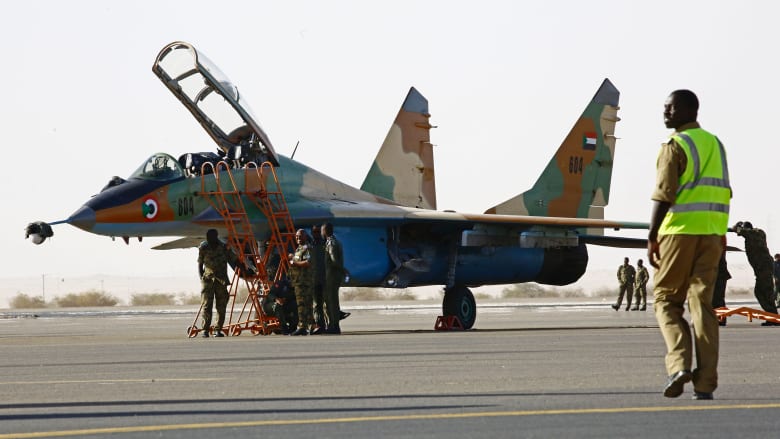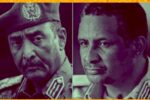Sudan’s army: more arms, more gains, less peace
4 November 2024
As Sudan’s national army receives more arms from foreign allies, more military gains are being made against their adversaries, the paramilitary Rapid Support Forces (RSF), and less incentives remain for the army to seek a negotiated peaceful settlement.
While the army’s offensive seems to have stalled recently in Khartoum, in late September and earlier in October, the Sudan Armed Forces (SAF) made military gains against the RSF in Khartoum and Sennar State. The Sudanese Armed Forces (SAF) successfully captured the three main bridges in Khartoum in its offensive, aiming to connect its military barracks in the capital as part of efforts to reclaim it from the Rapid Support Forces (RSF), which had controlled most of the capital since the outbreak of fighting in April last year. In Sennar state, SAF also regained control of Jebel Moya, Al-Dinder, and Al-Suki localities from the RSF.
“The military balance on the ground has shifted in favour of the Sudan Armed Forces (SAF), moving from a defensive stance to an offensive one and conducting cleansing operations,” says retired Sudan army Major General Amin Majzoub.
Following these successive defeats, the commander of the Rapid Support Forces (RSF), Mohamed Hamdan Dagalo, also known as Hemedti, delivered a recorded speech accusing Egypt of betraying his troops during the battle of Jebel Moya. He claimed that the Egyptian warplanes carried out airstrikes against his forces, contributing to their loss of control over Jebel Moya—a claim denied by Egyptian authorities. After Hemedti’s vitriolic speech, the RSF issued a circular prohibiting the export of agricultural goods and livestock from areas under their control to Egypt.
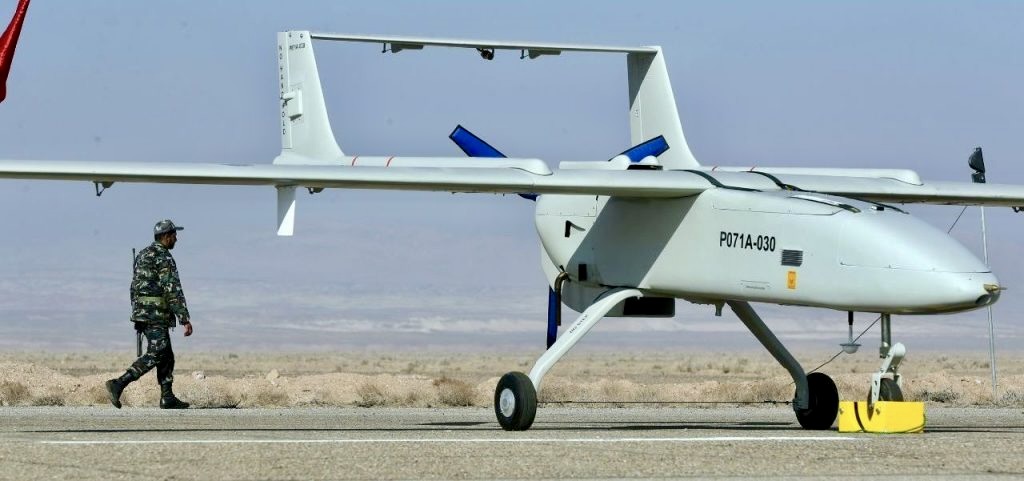
More arms
The SAF offensive follows weeks after Ayin revealed continuous military cargo flights from Qatar and Iran and new K-8 fighter jets from China arriving in Port Sudan, with confirmation from senior officials about the formation of an international alliance to support the army. The same sources also confirmed the arrival of advanced weapons, with more on the way, asserting that these reinforcements will tip the balance in SAF’s favour on the ground.
Last month, the US-backed Sudan Conflict Observatory released their research findings documenting Iranian and United Arab Emirate weapons shipments to the national army and the RSF, respectfully, from December to July this year. The Observatory was able to track with 95% accuracy at least seven flights from Iran to Port Sudan that likely shipped Iranian weapons such as Mohajer-6 drones and artillery.
The arms shipments and the renewed relations and cooperation with Qatar, Iran, Russia, and China—former allies of the Bashir regime—have intensified discussions about the influence of the former ruling party, the National Congress Party, over the army since the outbreak of conflict.
The old regime continues to exert significant influence over the army, with senior SAF members reportedly consulting key Islamist figures, including Ali Karti, the head of the Islamic movement and sanctioned by the U.S state department for his role in the ongoing conflict. This influence was evident when the Islamists overturned the Manama Agreement, which SAF Lt.-Gen. Shams al-Deen Kabbashi had signed with the RSF Deputy Commander Abdelrahim Dagalo, highlighting the Islamist movement’s sway over SAF’s decisions. The agreement, security experts told Ayin, represented one of the most practical agreements to end the war.
Kholood Khair, the director of the think tank Confluence Advisory, believes that the growing closeness between SAF and Iran and Russia may prove costly for SAF vis-à-vis the United States. “There’s only so much that Sudan can engage with Iran and Russia without Washington having a reaction,” Khair said. Sudan’s closeness to Iran may also help the politically influential United Arab Emirates create a narrative with the US that Sudan’s army is a political entity that “cannot be trusted.”
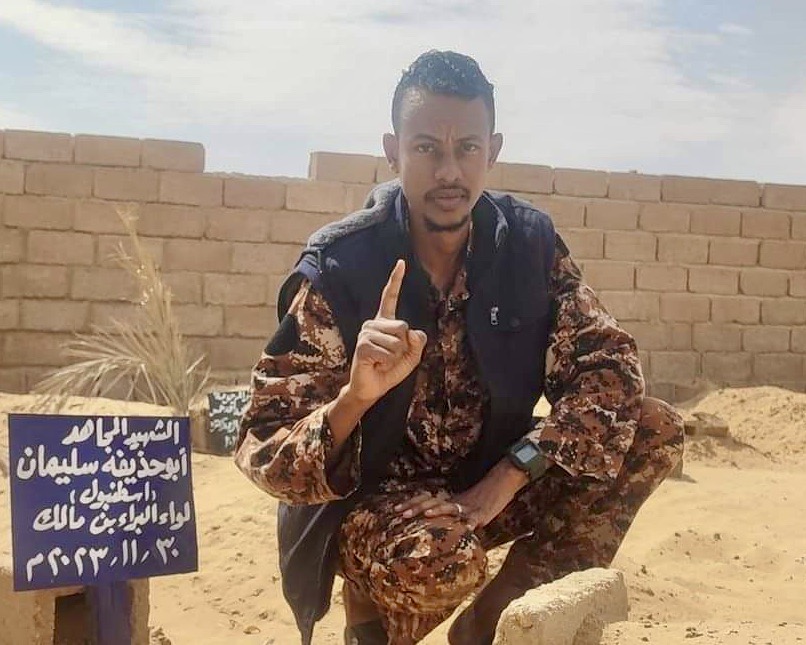
Old militias revived
Iran’s recent diplomatic ties and military support to the SAF have empowered militias formerly prevalent during the National Congress Party regime to solidify their political control over areas, says Sharif Osman, the Political Secretary of the Sudanese Congress Party and leader in the anti-war alliance, “Taqqadum.”
“The recent restoration of diplomatic and military relations with Iran, the former regime’s long-standing regional ally, further demonstrates their influence on the political landscape,” Osman told Ayin. “With the militias of the former regime assuming a dominant role in the military arena, their control over the security and political landscape appears assured as they continue to procure specialised weaponry for their militias, such as the Bara’a Brigades.”
These militias, writes Dr. Bakri El-Jack, a lecturer and Taqqadum member, are not only linked to the former security forces under the National Congress Party; they are also racist in nature. “Tribal militia mobilisation is now routine,” El-Jak writes, “and ethnic discrimination is on the rise.” The possibility of internal discord among Port Sudan allies, particularly along ethnic lines, is growing, he warns, calling this “the most dangerous phase yet, where the war’s roots are intertwined with race and religious ideology.”
The ongoing military battles in Sudan for over a year and a half have resulted in the largest displacement crisis in the world, with 10.9 million internally displaced and a massive humanitarian catastrophe, with 24.8 million currently in need of assistance. All efforts to negotiate a ceasefire have failed, despite numerous platforms, mediators, and both parties signing some agreements in Jeddah under American and Saudi mediation.
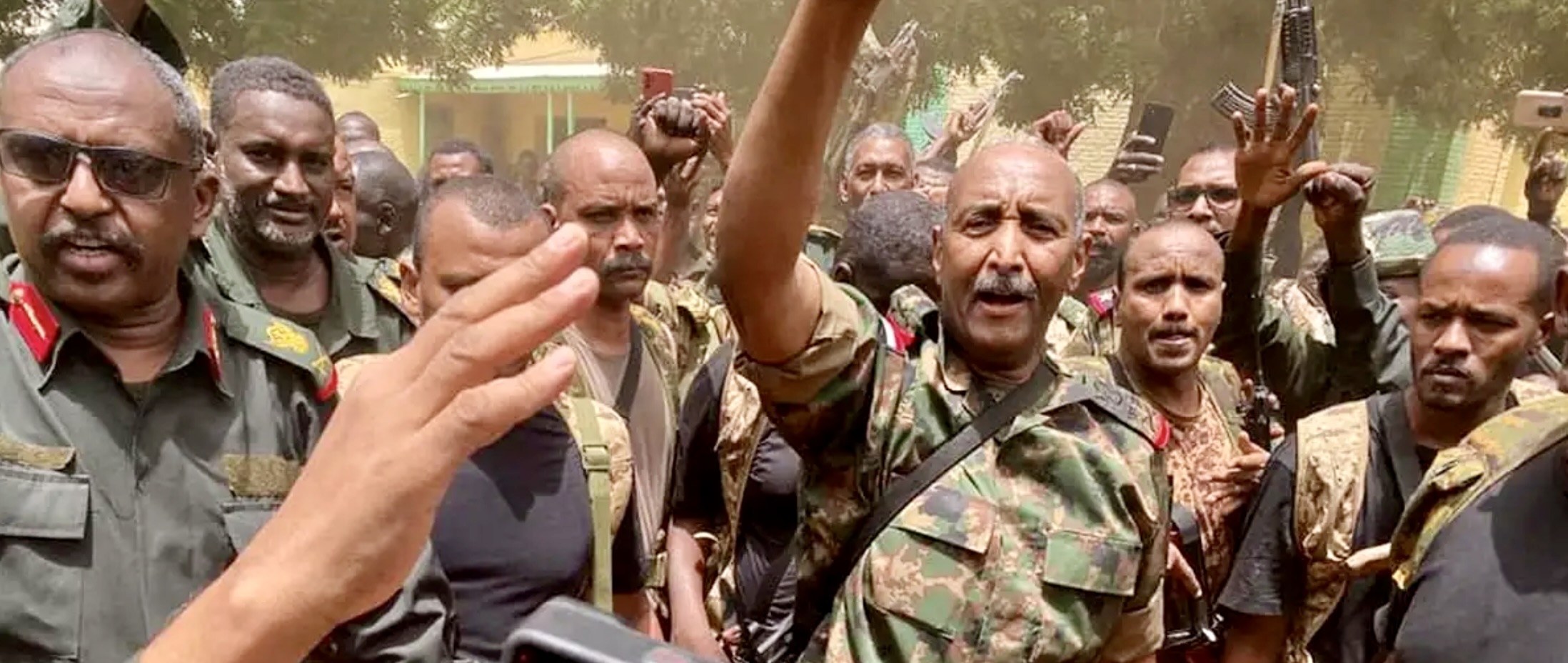
Implausible peace
There are growing doubts about the likelihood of bringing either party to the negotiating table as the fighting goes on with each side aiming for a military victory and receiving more and more support from foreign powers. “Each morning, the prospect of peace drifts further from within Sudan, moving abroad, as regional and foreign actors increasingly influence the country’s fate,” Osman said. “Those providing funds undoubtedly expect something in return—control over resources,” he added.
“SAF was not responsive to any calls for peace when it was still trying to get weapons in, and now that they have the weapons, they’re definitely not going to be responsive. But neither is the RSF, the dry season. In other words, the fighting season has just restarted, and neither of them will want to hear talks of a ceasefire,” Khair said.
While the RSF leadership had claimed their readiness for talks in the past, recent statements from Mohamed Mokhtar, a member of the RSF negotiation team, call for the suspension of talks with the army. And while former speeches from Hemedti suggested a willingness for negotiations and settlement, his latest address switched to a bellicose tone. “This signals a new level of violence in the conflict, with even more regional interventions,” Osman said.
The priority must shift from peace negotiations to a political agreement between the warring parties, Khair says. “I think it’s important that political talks precede ceasefire talks,” Khair told Ayin, “because that’s the only way you’re going to incentivise the SAF and the RSF to come to the mediation table.”
The former prime minister and current head of Taqqadum, Abdalla Hamdok, said in a recent forum in London that the only way to stop the war and usher lasting peace was to stop the trafficking of arms and encourage an inclusive negotiation process. “There must be public ownership of the peace process,” Hamdok said. “Even the best mediation will not have an effect without public participation.” Hamdok calls for Sudan to hold a roundtable conference under the auspices of the African Union to bring together the widest front possible to address issues concerning peace and a democratic transition.


